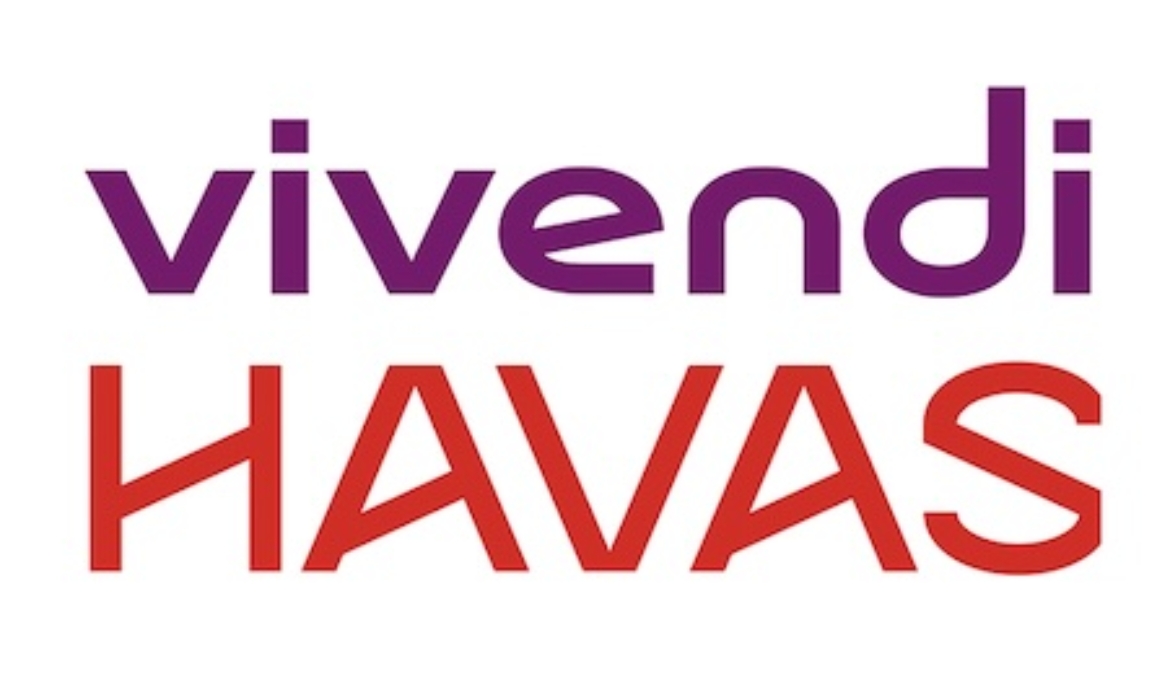Havas May Become A Separate Entity As Vivendi Considers Three-Way Split
The share price of French media conglomerate Vivendi has surged. This is a result of its potential split into three distinct listed companies. In an attempt to increase the value of his company, French billionaire Vincent Bollore is considering dissolving his vast media and entertainment conglomerate, Vivendi SE. The plan calls for the roughly €10 billion ($10.9 billion) French conglomerate to be divided into three separate businesses: the Pay-TV division, Canal+; the advertising and communications branch, Havas; and a business that includes its majority stake in the publishing group, Lagardère Group.
Vivendi contemplates a three-way split
The company argues that this is because, as a unified entity, its shares are sold at a discount, which limits its capacity to carry out its intended expansion plan. The value of the various entities would be maximized by splitting them into three companies. Vivendi claims that splitting itself into three sections will allow it to fully realize the development potential of all of its operations. Each of its three business divisions is currently seeing rapid growth in the global market, which is accompanied by a wealth of investment opportunities.
Rise in revenue and profit valuations
Should the split proceed, Havas and Canal+, Vivendi’s primary revenue and profit stream, will be spun off as independent businesses. After separating from their parent company, this could result in valuations of roughly €3 billion for Havas and €6.1 billion for Canal+. Regarding its €1.3 billion ($1.4 billion) ownership of the former telecom monopoly Telecom Italia SpA, Vivendi is also exploring options.
Subsequently, the organization intends to establish a third publicly traded division as an investment firm. It would accommodate Lagardère and encompass additional listed and unlisted assets in media and entertainment firms. To investigate a possible split, Vivendi will consult its “usual” banks and advisors. Any strategy must benefit all parties involved and consider tax implications. The market valuation of the three distinct entities might be roughly 40% higher than their current valuation.
Read More: Havas Announces Majority Stake Acquisition in PR Pundit in India
Vivendi’s split from Universal Music Group
The news comes two years after Vivendi split from Universal Music Group in a highly successful IPO. This gave shareholders ownership of 60% of the company’s shares. The board is now permitted to investigate the possibility of dividing into three companies. Ad holding company Havas Group would once again become an independent publicly traded company if the plan is approved. This was the case until Vivendi purchased it in 2017.
It’s an indication of how Bollore, the industrialist and corporate raider who invested in Vivendi for the first time in 2011, is still shaping the organization. He is essentially leading even though he is no longer the chair. 2018 saw him fold into another business he owned, the advertising agency Havas, after first selling off his video game and telecom assets. At the time, he held just under 30% of the group’s shares.
Vivendi’s efforts for business synergies and cohesion
For a considerable time, investors and Vivendi have been frustrated by the group’s operating businesses’ lack of coherence and synergies. Since his father’s official retirement in 2022, Yannick Bollore has been working to make things better. Vivendi declared that it would evaluate the viability of the suggested split. It would take into account the tax implications for shareholders, in collaboration with banks and other advisors. There was no deadline given for finishing the assessment, but information will be shared “in due course.” The split plans were announced only a few weeks after Vivendi effectively acquired the rival Lagardère group, expanding its holdings to include publishing house Hachette.
Read More: Havas Acquires EPROFESSIONAL, a Hamburg-based Digital Performance Marketing Agency


